Listen
http://traffic.libsyn.com/spectator/TheViewFrom22_21_August_2014_v4.mp3
Pity the modern starlet. Be she steaming-hot pop-tart or reality-show show-off, her range of emotional experiences will, thanks mostly to the gentlemen of the press, be strictly limited. She will have ‘lonely hells’ (often but not always linked to ‘drug hells’), ‘sex romps’ (sometimes ‘three-in-a-bed’) and watch her life ‘spiralling out of control’. She will then be ‘hurting’ and probably have a ‘public meltdown’, after which she will be certain to make ‘time for me’ and hopefully end up in ‘a good place’.
But throughout this, come rain or shine — come probiotic yoghurt endorsement or cover of OK! magazine — the backbeat of her life will repeat the same monotonous note: The One, The One, The One … and the ceaseless cycle of searching for and celebrating the same. It’s what we used to call ‘serial monogamy’, held a desperate beat too long and turned into a belief system. The phrase has now reached such critical mass that a current TV advertisement plays with what our expectations of what The One must be; a gooey girl’s voice informs us that Kate has found The One, and that they’ve been on holiday to Mexico together, thereby making her friends jealous. In a stroke of kinky and/or surreal logic, The One is finally revealed to be … a satchel? Lady Bracknell might not approve, but Dorothy Parker might conclude that Kate was rather clever to put her eggs in one basket rather than one bastard.
Definitions in the Urban Dictionary of The One include ‘The person you know you’re going to love forever’, ‘Absolutely, positively the only person on earth you are meant to be with; soul mate and best friend’ and ‘the person you spend your whole life looking for’. And also, with the bracing effect of a particularly piquant pepper spray in a smug mug, ‘To like him/her over all the rest. Could pertain to being the one for life … or the one for the moment.’ For the moment! You can practically hear the outraged braying of the One-botherers ring out across Christendom. Though for me, this is a perfect summing up of romantic love at its best.
But when did The One become such a be-all, end-all and know-all of female aspiration? I believe that (unlike body-con dresses and seeing knuckle-dragging footballers as some sort of sexual El Dorado) this is one contemporary tic which can’t be blamed on reality TV totty, though they may pursue this particular nugget of fool’s gold most noisily and publicly. No, the rotten roots of the current craze for seeing romantic relationships as a cross between a padded cell and a three-legged race began a long time ago.
Increasingly these days, surveying the soft parade of modern life, I think of the old G.K. Chesterton chestnut: ‘When men choose not to believe in God, they do not thereafter believe in nothing, they then become capable of believing in anything.’ This seems particularly true of romantic love — we expect it to fill the hollow places (and not just the obvious ones) where previously we might have welcomed a deity. Until comparatively recently, there were ‘three of us’ to quote Princess Diana, in every marriage; it was a sacrament which the Almighty witnessed and a promise made to Him as much as to the spouse, in the knowledge that passion lasts a few years but The Passion never dies.
It might have seemed all fun, fine and dandy deconsecrating and deconstructing marriage, getting spliced on theme park rides and underwater, but removing the religious (I hate the word ‘spiritual’; it denotes a sad-sack who doesn’t inhale and drinks decaf) element from marriage has made it far more claustrophobic than it was before, rendering it something of a psychotic seesaw. Let me stress that this is not some pathetic paean to the entirely fictional Good Old Days. I am a creature of — and one in love with — the modern world; as I always says, ‘If the past was so great, how come it’s history?’ Though I am a believer, some of my best friends are hardcore atheists, and anyone with a brain understands that a society with too little religion is far more likely to be free, healthy and yes, righteous than one with too much.
But I do think that the removal of the idea of the Almighty from society in general — and romantic relationships in particular — has left people more likely to seek superhuman solace from mere mortals — The One! — and be bitterly disappointed when they inevitably find them to be less than perfect. Liz Jones, one of the most relationship-obsessed yet man-hating of our newspaper columnists, goes so far as to capitalise the words He and Him when complaining about her current pash — not Adonai, but a middle-aged baker with a grey ponytail going under the unfortunate name of D(avid) Scrace. In place of proper feminism, there is a real rage at men from women who would in no way consider themselves militant, a real anger that men can’t be everything — provider, co-parent, best mate, sex beast — and fix everything. And the fetishisation of The One adds to this claustrophobic climate of discontent in modern marriage.
I would be very upset indeed if my husband — who I have been with for nearly 20 years and adore — and I broke up. But do I think that we would each be alone for ever, mooing in the wilderness, because we’d lost The One? Not on your nelly! If you believe that someone has so many fine qualities that you love them, you surely believe they’d easily find loads of other people who saw the same in them. (And as for oneself, of course, this goes without saying.) Peter Ustinov brilliantly said of friends that they are ‘not necessarily the people you like best, they are merely the people who get there first’. The same is true of lovers; it’s more like ‘The Queue’ than the ‘The One’. Do not seek the meaning of life in the dear, fallible creature lying next to you; instead, look upwards.
The post When did romantic love become a religion? appeared first on The Spectator.
Got something to add? Join the discussion and comment below.
Get 10 issues for just $10
Subscribe to The Spectator Australia today for the next 10 magazine issues, plus full online access, for just $10.


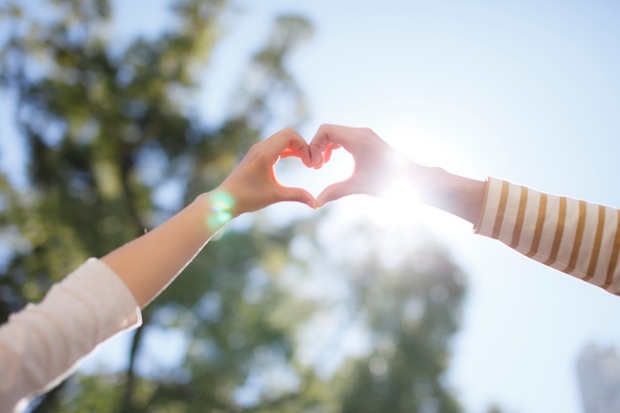
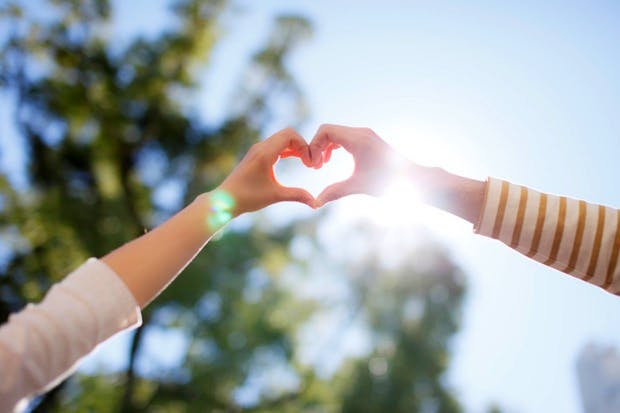
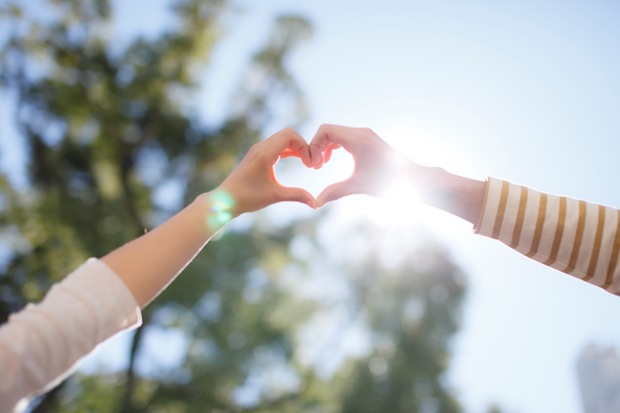
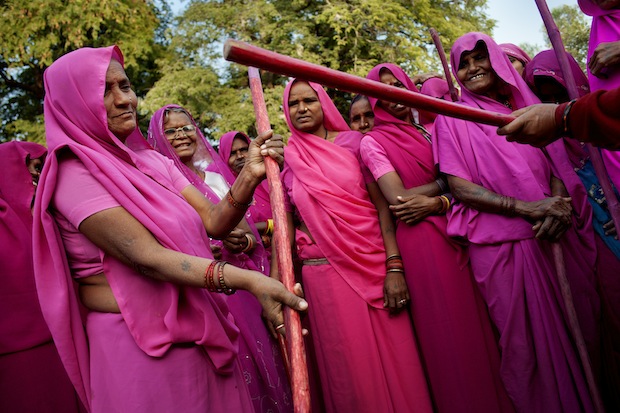
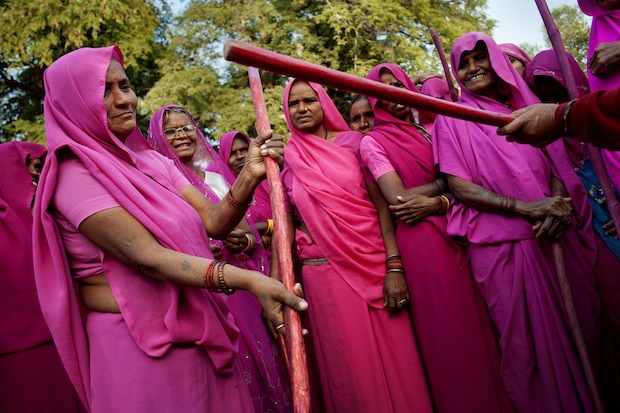
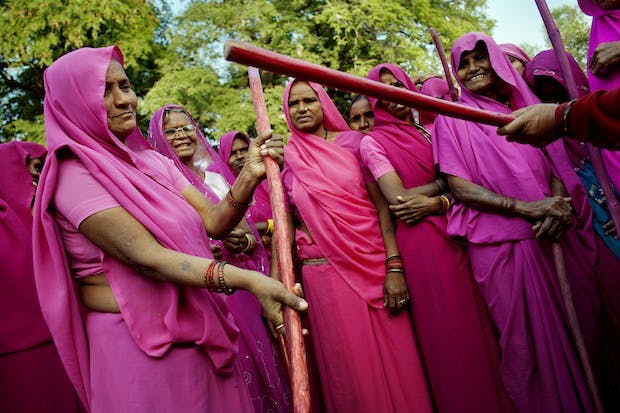
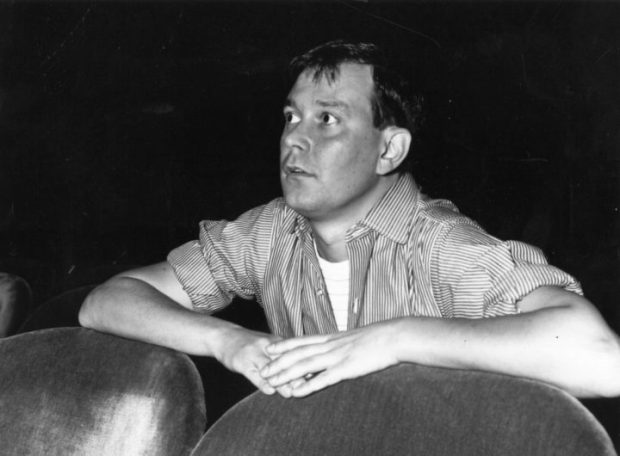






Comments
Don't miss out
Join the conversation with other Spectator Australia readers. Subscribe to leave a comment.
SUBSCRIBEAlready a subscriber? Log in